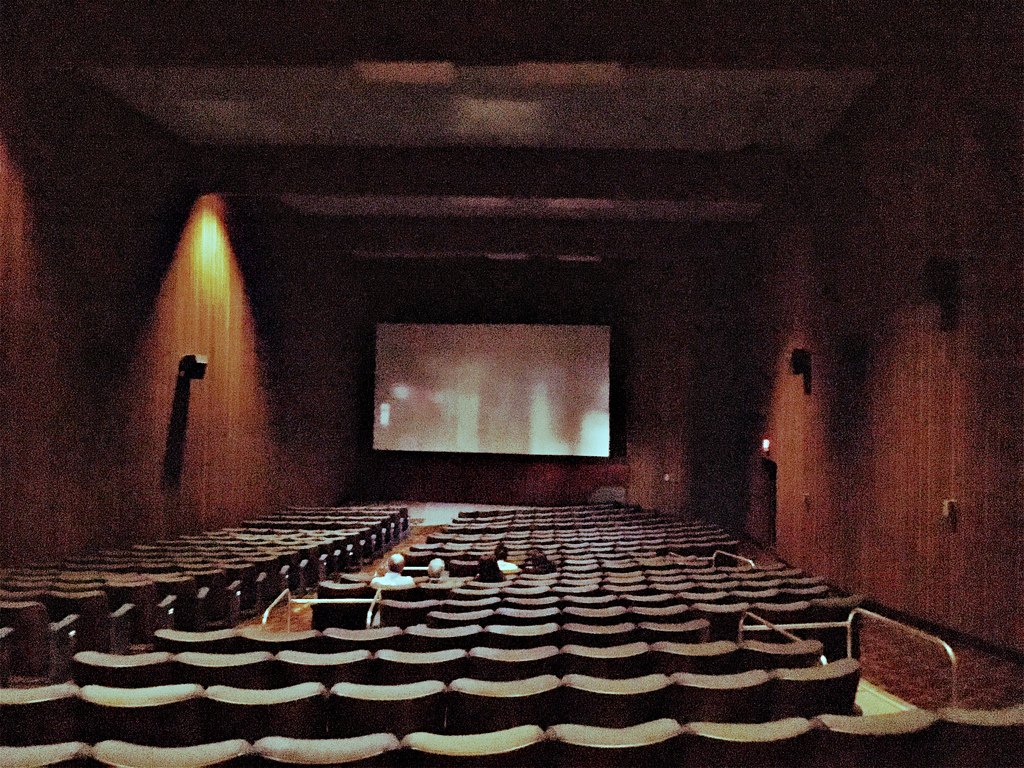Your memory of an event is unique.
If you experience something, whether it be as benign as watching a movie in the cinema, or as traumatic as being in a bank when it is raided by masked gunmen, your memory of that event will be unique.
Your memory of watching a movie will be vastly different even from that of the person sitting next to you. Although you are watching the same film from more or less the same place, you each bring your pasts to bear on your interpretation of the movie. It is your subjective interpretation of what you see and hear which has a chance of being encoded into memory, not the facts about what actually happened in front of you.
Not only do we experience everything slightly differently because of our different interpretations, but we are more likely to remember parts of the film which are particularly salient to us. And we all have different pasts and interests, making different aspects more important to different people. If I am into dogs, then I am more likely to remember details about any dogs which may have been shown. If you are into football you may remember the team colours that someone was wearing.
Different pasts mean we not only experience an event differently, but we also place differing levels of importance on any given aspect. These both result in our memories of the same event being potentially vastly different.
Find out more about how the mind plays tricks on you and how your memory works by reading my books, Bias Beware and Memory Matters.
